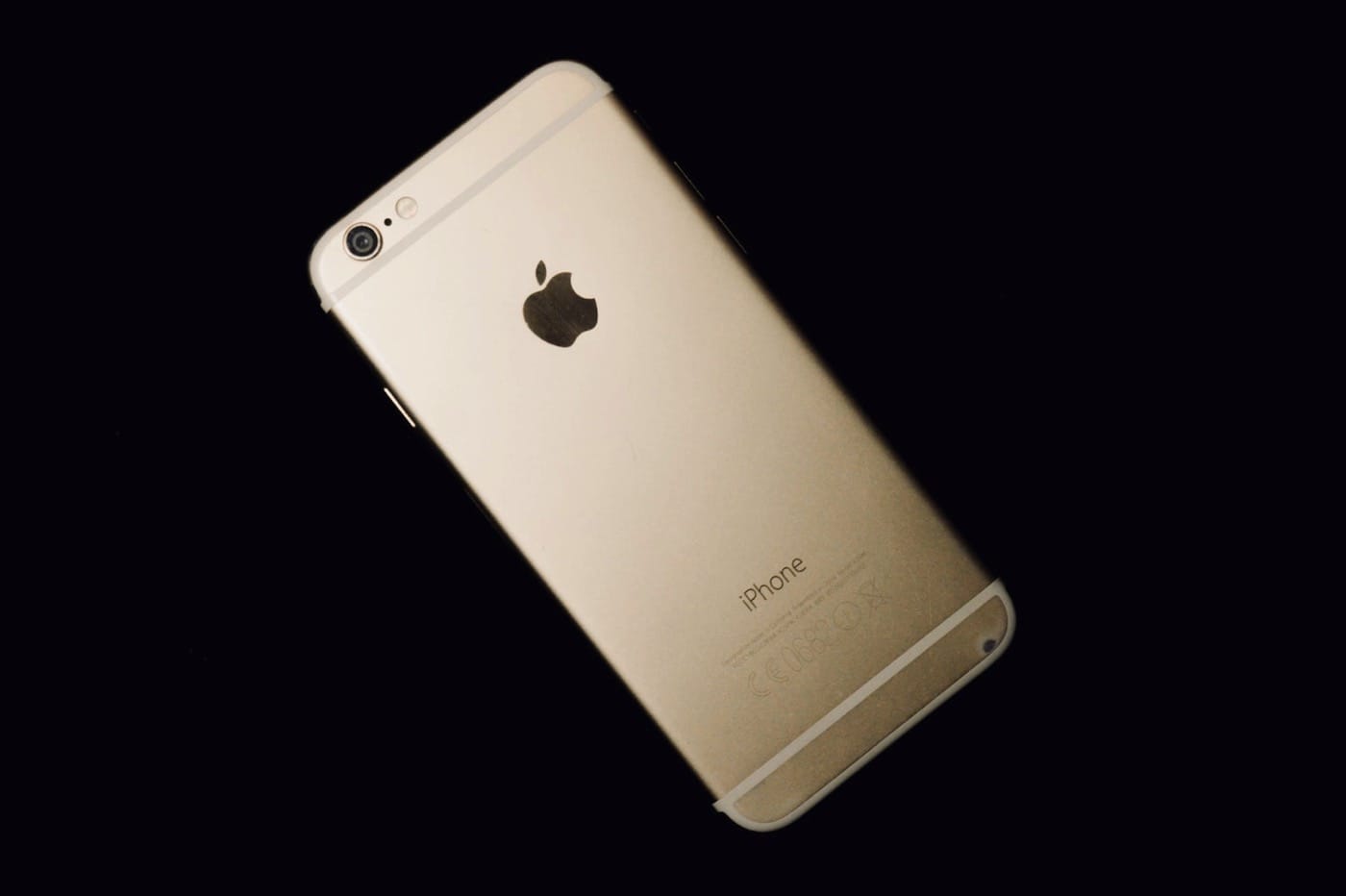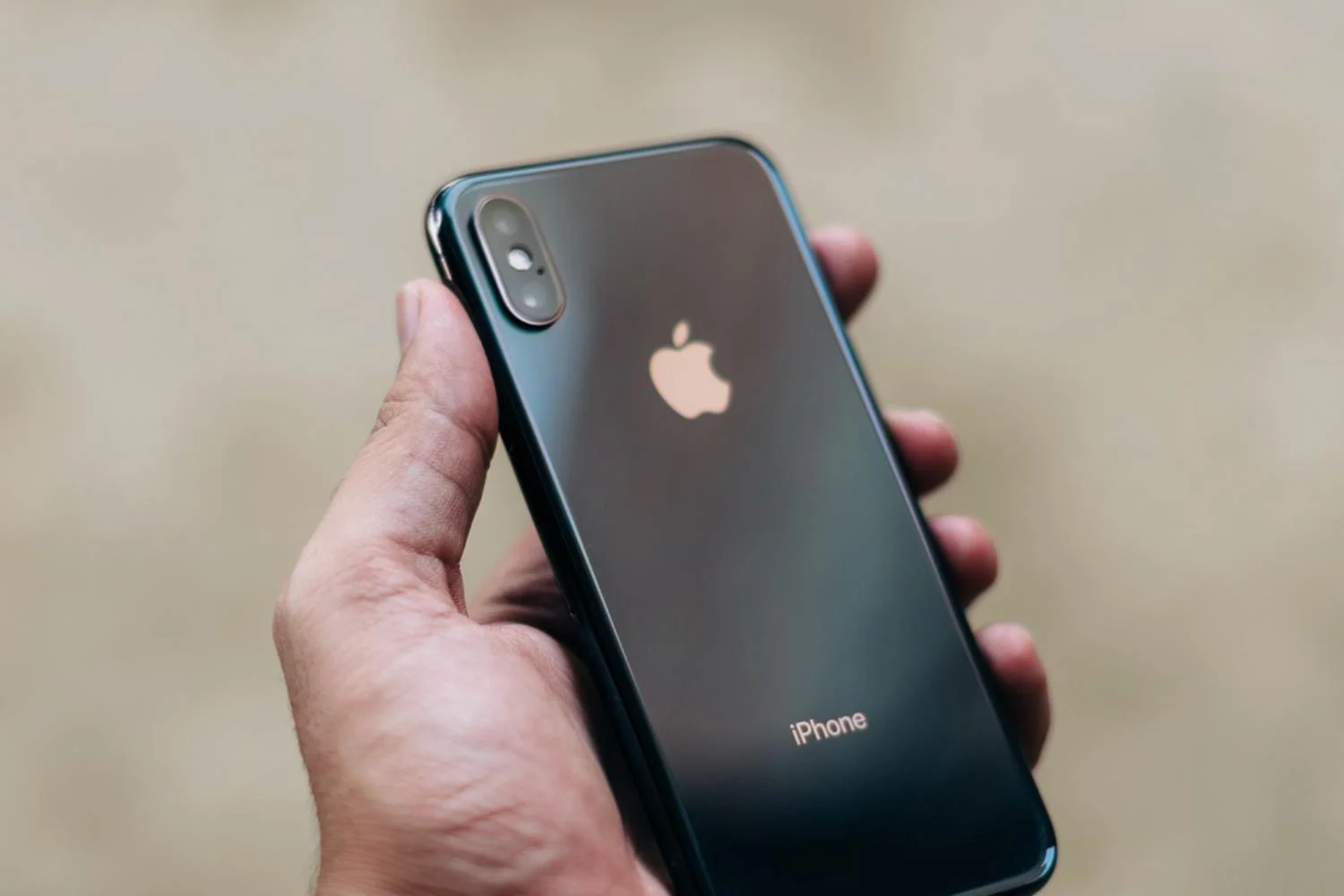It's the performance war between different processor manufacturers. The day whenQualcommannounced its latest range of CPUs, it was full of praise for it by directly comparing it to Apple Silicon chips from Cupertino. At that time, the Apple firm had not yet revealed the new M3s. So,Qualcommconfronted his processorOryonauM2 Pro d’Apple,arguing that it was as powerful, while consuming less energy.
The same day, Apple unexpectedly announced its Keynote “Scary Fast», where she unveiled the latest MacBook Pros, equipped with the new M3 chips. Some saw this as a response from Apple to announcements from Qualcomm, which once again affirmed today that its processor does better than Apple's M3.
More powerful than the M3?
While he had announced his newOryon Snapdragon X Eliteas as powerful as the M2 Pro, but less energy intensive, the manufacturerQualcommclaims today that it is21% faster than Apple M3. This is what reportsDigitalTrends, to whom the manufacturer presented the results of a comparative performance test between the two chips.
In a screenshot we can see a presentation from Qualcomm which shows the test results (Geekbench V6.2, multi-core test) between theOryonand the M3. The former scores 15,300, and the M3 scores only 12,154.
![]()
© Digital Trends x Qualcomm
A not very revealing test
The test lacks bias, because on the one hand,Qualcommpits its processor, which has been configured and maximized for performance, against Apple's M3 which is optimized to offer the best ratio between performance and power usage. The test is already biased, and would haveneed a comparison with the M3 Max,which gets him more than 20,805 onGeekbench V6on the multi-core test.
Qualcommalso provides no information regarding the thermal profiles of the two processors during the tests. If theQualcommconsumes a lot more, the test is not very revealing. By market standards, this involves comparing processor performance under similar conditions, including thermal profiles and power consumption. However, without this information, it is difficult to determine which is superior.
See also:






